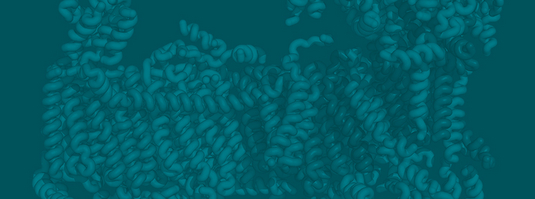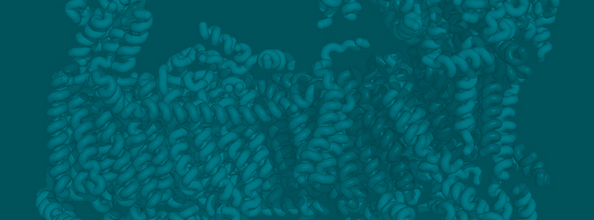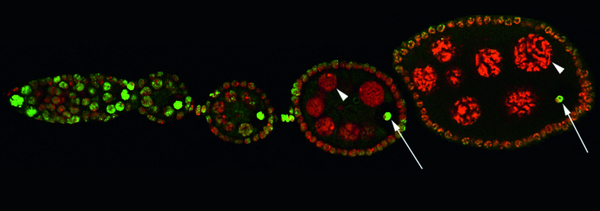Dr. Nicola Iovino (CIBSS-AI), Max Planck Institute of Immunobiology and Epigenetics Freiburg
Early embryo totipotent cells can differentiate in many cell types all sharing the same genome. How do these differentiated cells maintain their identity during development is still an open question. Memory of cell identity, reflected by the memory of transcriptional states, must be stored somewhere without affecting the primary genomic sequence. In these epigenetic phenomena, chromatin is supposed to play a central role. Moreover, a growing number of evidences suggest that stress-induced chromatin changes can be transgenerationally inherited through the germline, yet the mechanisms underlying epigenome inheritance are still unknown.
Our lab focuses on understanding the epigenetic events contributing to the formation of functional gametes, to the establishment of totipotency and to the conversion of the totipotent zygote’s quiescent genome into a transcriptionally competent one. We use Drosophila germline and early embryogenesis as model systems and we employ functional genetics, imaging, genomics and proteomics approaches. The fundamental knowledge gained from this research will give important insights into the function of chromatin in developmental and physiological processes.
Given the evolutionary conservation of many epigenetic mechanisms between Drosophila and humans, understanding how epigenetic patterning occurs in the fly germline and during early embryogenesis may have profound implications for human health, for instance, for the prevention of heritable diseases, in the improvement of assisted reproductive technologies, somatic cell reprogramming and stem cell therapy.






